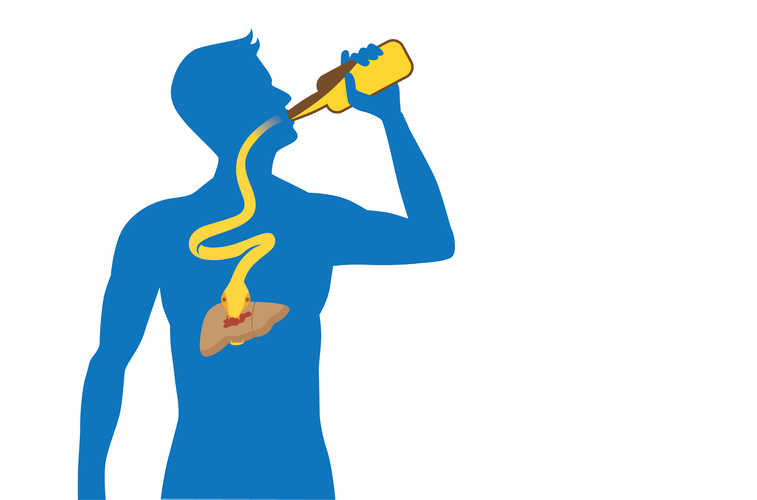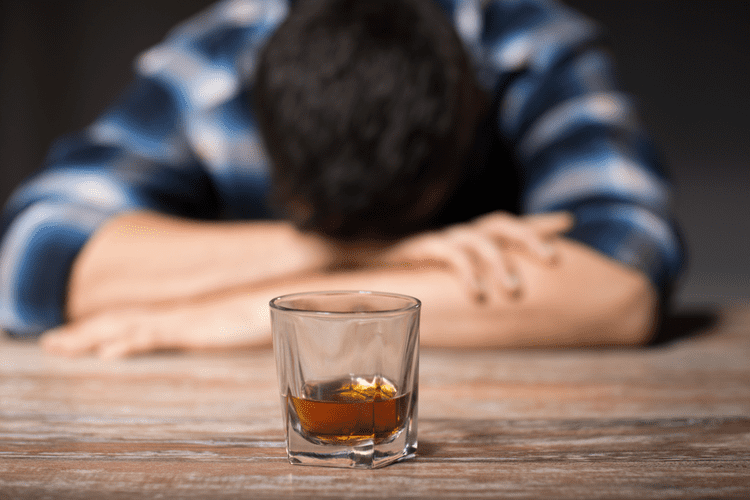This was not a common theme in the present analysis and should be explored in future work. Thirdly, as hypothesized, binge drinkers adopt riskier drinking patterns than non-binge drinkers. However, it should be noted that no differences in regard to age of first drunkenness were found. Our analyses focused on the contextual and individual level forces that motivated participants’ self-reported increased alcohol use during the COVID-19 pandemic.

Benefits of Quitting Alcohol: Improved Sleep Quality

So is talk therapy with a mental health specialist who understands addiction and substance abuse. If you have a history of depression or anxiety disorders and used to self-medicate with alcohol, your symptoms will likely increase when you quit. This can also explain why you feel depressed after quitting drinking. A healthy fear of the consequences is important, but using them alone to curb your alcohol consumption has another Sobriety serious drawback.
Effects of Bored Drinking

First, the present sample was derived from the NAS-C19 sample and was limited to those who reported drinking above NIAAA guidelines. As such, our findings may not be generalizable to the overall U.S. population. In addition, our sample was majority non-Hispanic White, limiting our ability to draw inferences about how other racial and ethnic groups’ alcohol use motivations and behaviors were impacted. This is especially important given that the Black Lives Matter movement occurred concurrently with the COVID-19 pandemic 54. Research somewhat supports this claim, with evidence suggesting that alcohol use increased among individuals from ethnic/racially minoritized groups during the pandemic 14,55. In addition, just over half of our participants self-identified as essential workers, but we did not collect data on participants’ specific occupations.
Habits for Proper Mental Health
Maybe you’re grieving the loss of friendships with old drinking buddies. Or maybe you’re struggling to forgive yourself for drunken mistakes you can’t take back. Reaching out for help early in sobriety will increase your chance drunk and bored of feeling better sooner and avoiding relapse.
Almost half of the participants (42.2%) said that in the last two weeks they had drunk more than 5 (4 for women) drinks in one night. Finally, they declared both that they sometimes drank on an empty stomach and drove after having a drink. However, these studies mainly focus on young adults rather than adolescents. Lammers et al. (2013) investigated early adolescence and found that drinking expectancies partly mediate the relationship between personality profiles and alcohol use patterns.
Sometimes it’s as simple as putting on a favorite playlist while folding laundry, letting your breath guide you through the dishes, or making up a mental game to bring mastery to even the most tedious task. Instead of numbing or avoiding, engagement asks us to lean toward the experience with curiosity and intention—to find a way to connect with the moment, whether through creativity, mindfulness, or a spark of play. If you have been around Sober Curiosity for a while, you know that alcohol’s “help” often comes with fine print.
- This habit can lead to weight gain, emotional distress, and an unhealthy relationship with food.
- Alcohol creates a chemical imbalance by flooding the brain with dopamine.
- That is, our qualitative interviews are cross-sectional retrospective data, therefore this makes it challenging to discern how behaviors differed before and during the pandemic.
- There will always be a long lost friend who arrives on your doorstep looking to catch up over a few drinks.
Alcohol and Boredom: A Loop You Can Break
Or, after attempting to recapture the excitement and interest of activities that were previously pleasurable only to find them no longer appealing, it’s natural to become disappointed. These experiences can be discouraging and threaten yourrecovery goals. One way to practicemindfulness in recoveryis through meditation.
In addition to medical conditions, there are also behavioral reasons why a dog may drink too much water. For example, some dogs may drink excessively out of boredom or anxiety. Providing your dog with plenty of mental stimulation and exercise can help alleviate these behavioral issues. Whether you’re struggling or just want some extra guidance, consider reaching out for support from professionals who are trained in addiction treatment. At the very least, you want to get your drinking habits and health under control.
In this post, I’ll show you how to stop drinking using simple techniques, mindset shifts, and relying on the support systems around you. Perhaps the most significant danger of boredom isaddiction relapse.Relapseis always unsafe, but especially early in recovery. Without a steady supply of drugs, the brain begins to lose its tolerance to substances.
These interventions should distinguish between different personality characteristics, taking into account not only the drinking expectancies of adolescents but also environmental aspects. Second, results of our study may have implications for clinical intervention as well. Modifying positive beliefs about alcohol may lead to less drinking. The normalization and accessibility https://jaysonelevators.com/seizures-from-alcohol-withdrawal-how-do-they-occur/ of alcohol certainly doesn’t help when you’re struggling to stay sober.


